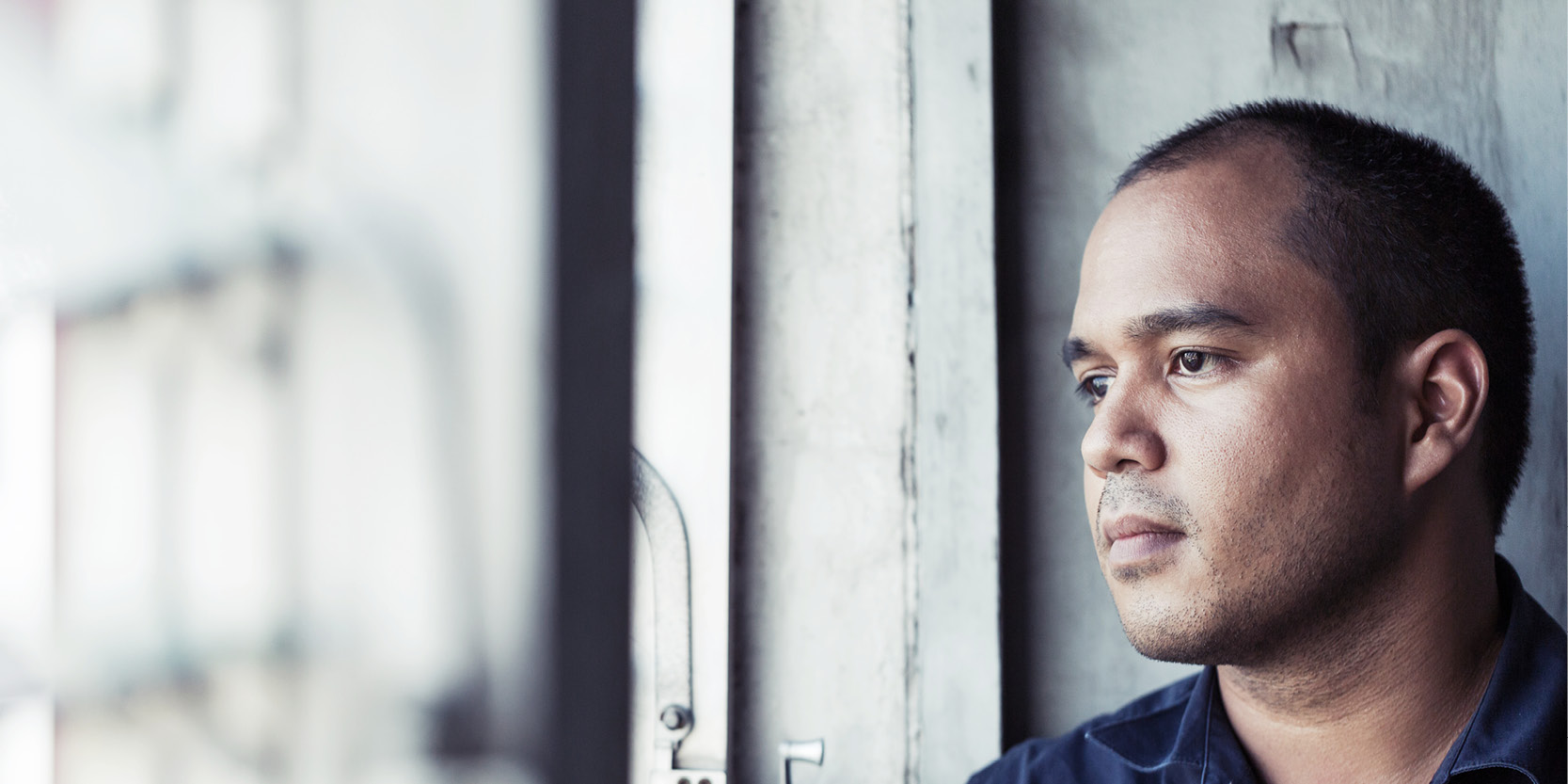
There are many different beliefs about what causes dependence on alcohol and substances*.
From my work as a senior clinical psychologist, I notice that dependence takes time to develop, that most people are not aiming for dependence, and that it is a gradual increase in the alcohol or substance used.
In other words, dependence can sneak up on a person.
So how do you know if this is happening to you or family member or friend? A good place to start is understanding dependence.
How does dependence work? If you drink or take a substance repeatedly, your body will adjust to it, as well as the dose taken.
So over time, your body will adapt to that substance and you will not get the same effect that you originally had. In order to get the same effect, you then take a little bit more and then a little bit more, until dependence starts to emerge.
For example, you might be having a few drinks or smoke cannabis to fall asleep, or to relax and unwind. Over a period of time, or during times of extra stress (such as the COVID-19 pandemic), the usual dose will not work, so you may drink/take more to get the same effect.
If you repeatedly do this, your body will then adapt to the new dose, so you then increase it again in order to fall asleep or unwind. So over a period of time, your couple of drinks before bedtime becomes six, then eight and so on. This pattern of increased dose, adaption and increased dose is what often puts people on the path to dependence.
There are also psychological aspects to drinking and substance use. With repeated use, comes the development of high-risk situations and triggers. High-risk situations can include places, thoughts and feelings that are associated with drinking or substance use. Pay day, seeing people that you drink or use substances with, or bottle shop are examples of high-risk places.
Thoughts that you will feel better after having a drink or taking substances, or that they help you with sleep or managing feelings, are some examples of high-risk situations related to thoughts. Strong positive feelings (celebrations) or negative feelings (worry, stress, anxiety, boredom, loneliness, conflict or anger) are also high-risk situations.
Negative or unpleasant feelings are the most commonly reported trigger for drinking and substance use. Negative feelings are normal to experience during stressful situations, such as during the COVID-19 pandemic.
Given that we are living in a highly uncertain and stressful time, and that this will most likely last for some months, how do you reduce your risk of dependence?
If you drink or take substances regularly, pay attention to your patterns of using so that you can catch yourself drinking or taking substances more often, and in higher doses. You will also need to watch for the high-risk situations that trigger your drinking.
One good question to help you notice if this is happening to you is "What would I notice first?" Would it be spending more money on alcohol or substances? Causing you legal or health problems? Or would the first sign be other people commenting on your drinking or drug use?
You can reduce the risk of increased drinking or substance use by using strategies to manage negative feelings as well as improving your coping skills.
Useful strategies for this range from hobbies, arts/crafts/painting, mindfulness, watching favourite movies/TV series, and gardening. Also, make regular times to catch-up with family and friends (via the phone, video chat or social media) so that you remain connected with others.
Extra help is there if you need it. You may find the following useful in getting through the extra distress from COVID-19:
■ Seek support: Psychologist or contact Hunter New England Health (1300 660 059), Calvary Mater Newcastle (4921 1211) or Hunter Primary Care (4925 2259)
■ Online: DrinkCheck, ReduceYour Use, and MoodGym (anxiety and depression only)
■ Apps: Daybreak, A-CHESS and SURE Recovery
■ Lifeline (13 11 14)
* In this article the term substance use includes illicit drugs and misuse of prescription medications, such as benzodiazepines and pain medication
Originally published as an opinion piece in the Newcastle Herald - Wednesday April 8 2020